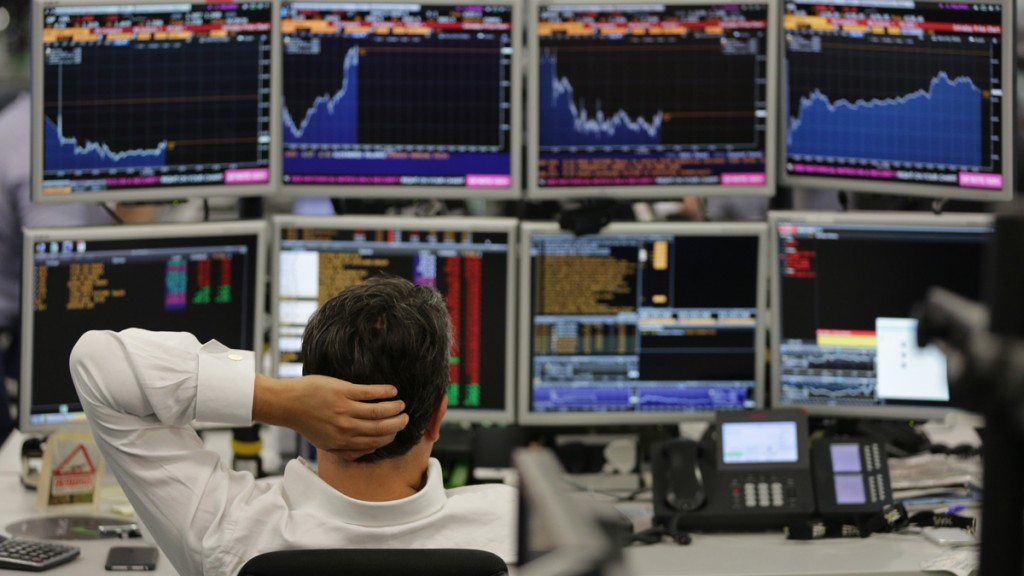
Last week the former Finnish prime minister announced that if the UK left the EU we would face a Lehman moment – a major financial crisis of the type we all saw in 2008. Good news: that didn’t happen.
As Gillian Tett points out in the FT, while asset prices gyrated all over the place on Friday (and are at it again today) there was no “widespread market freeze or investor panic.” No flash crashes. No panic about counterparties. Instead, the financial system continued to “function in an orderly manner.” Markets did exactly what they should do: they repriced the risk of assets to reflect a changing world.
This is not to suggest it isn’t dangerous out there – it is. For starters, we don’t yet know who was on the wrong side of which trades. On Friday, no one was admitted to losing much money in the markets says Tett. But some must have.
And “soon, groups that have suffered big losses will face margin calls.” That could lead to some fund liquidations and the kind of “contagious and nerve wracking falls” we saw after the failure of the Long-Term Capital Management hedge fund back in 1998.
You might think we are already seeing those. Some of our big banks are off 30%, the FTSE 250 was down 7% on Friday plus another 3% by half way through Monday and the housebuilders in the UK are having a horrible time. But the FTSE 100 is still above its level of mid-June this year and of last autumn, while the 250 is around where it was both this time last year and in mid-February.
The truth, as Capital Economics points out, is that “the focus on the magnitudes of the one-day declines obscures the fact that equities had rallied strongly ahead of the UK referendum result in anticipation of a vote to remain in the EU.” The falls so far simply reverse that move leaving equities little changed overall.
The pound has fallen nastily – and is at a 30-year low against the dollar. It is dramatic stuff and not something we want to underplay. However, it is worth noting that most economists have been complaining about sterling being too strong for months now, despite the fact that it had already fallen from $1.70 in mid-2014 to $1.40 in February. In an interview today, Mervyn King, the ex-governor of the Bank of England, told the BBC that this “change in exchange rates was going to have to happen anyway at some point”.
Capital Economics also reminds us that, on a trade-weighted basis, the pound is still only back to where it was for “much of the period from 2009 to 2015”. So far, then, all this, as Tett says, remains more intense volatility than collapse.
That is obviously scary in itself (and liable to change). But as Tett says, and as King also said earlier today, it is worth remembering a key detail about most of this kind of crisis (ie the ones that don’t hit credit channels): after share prices collapse, they rebound. So in 1998 and so too in 1987 and 2001.
“Fingers crossed.”